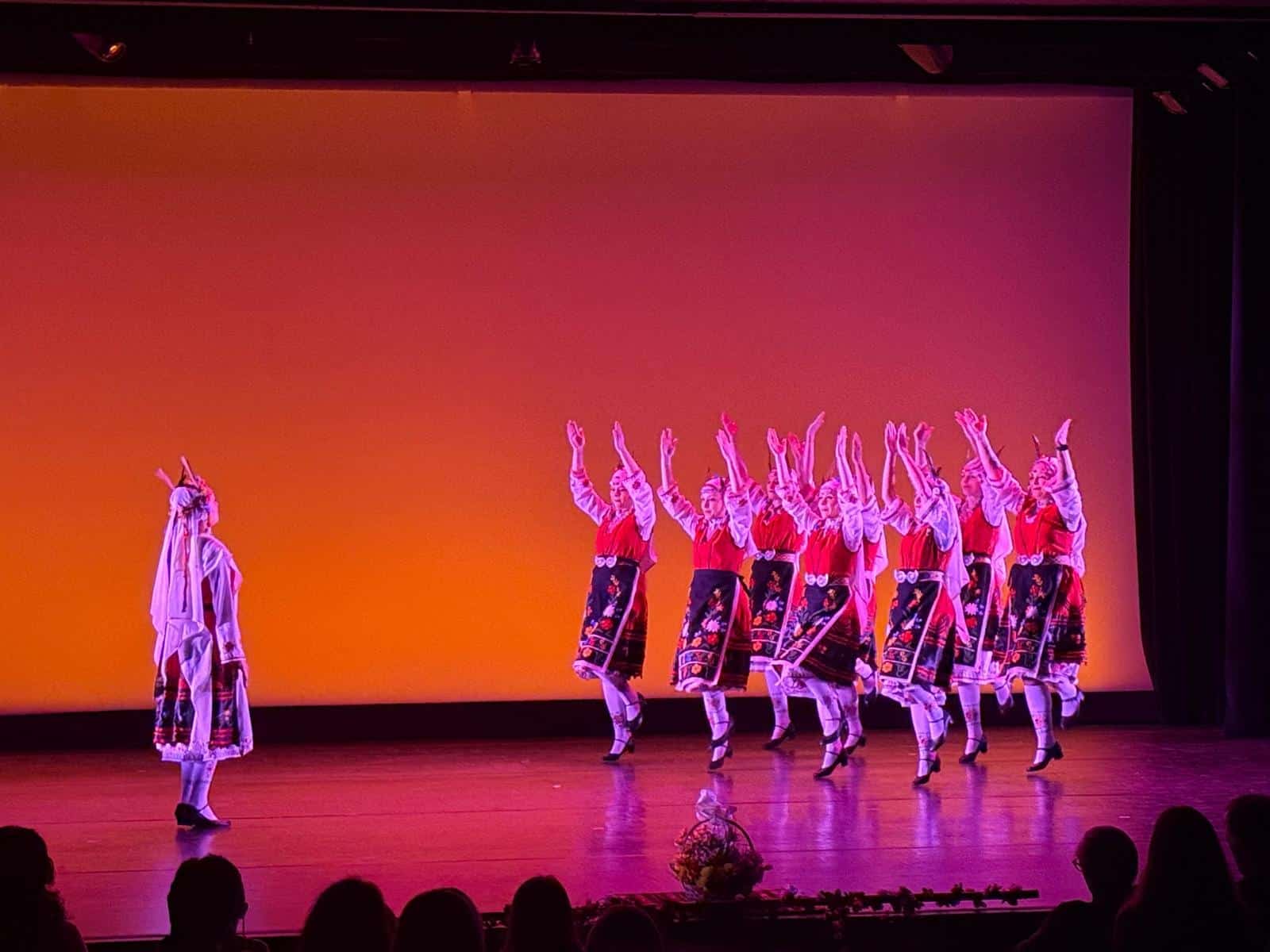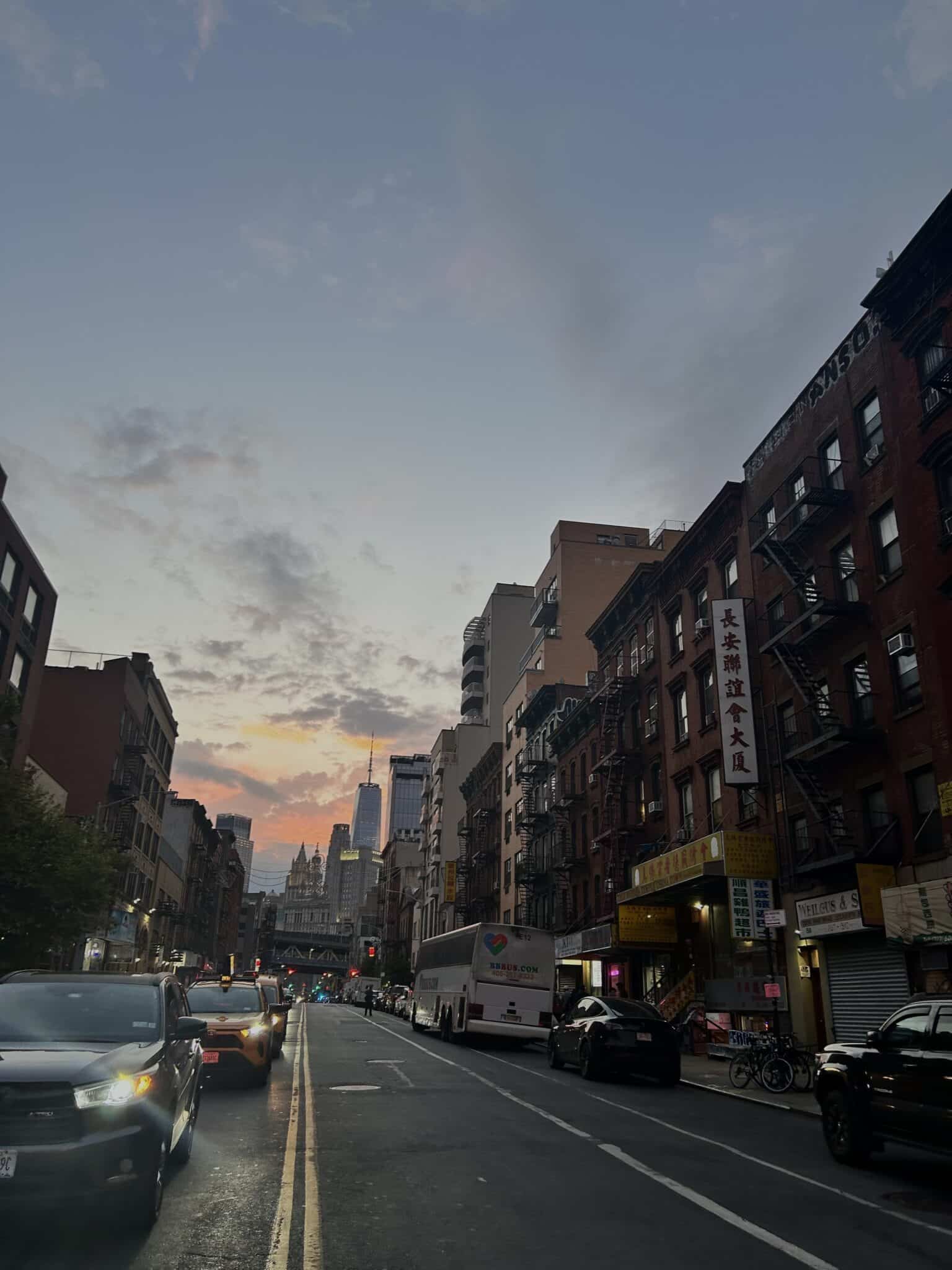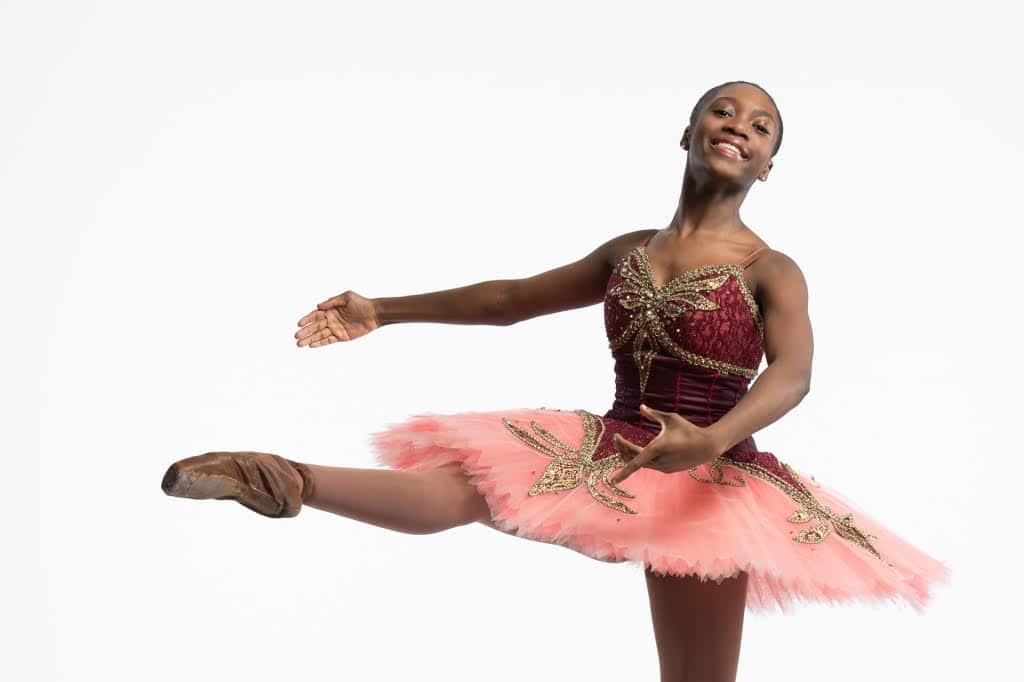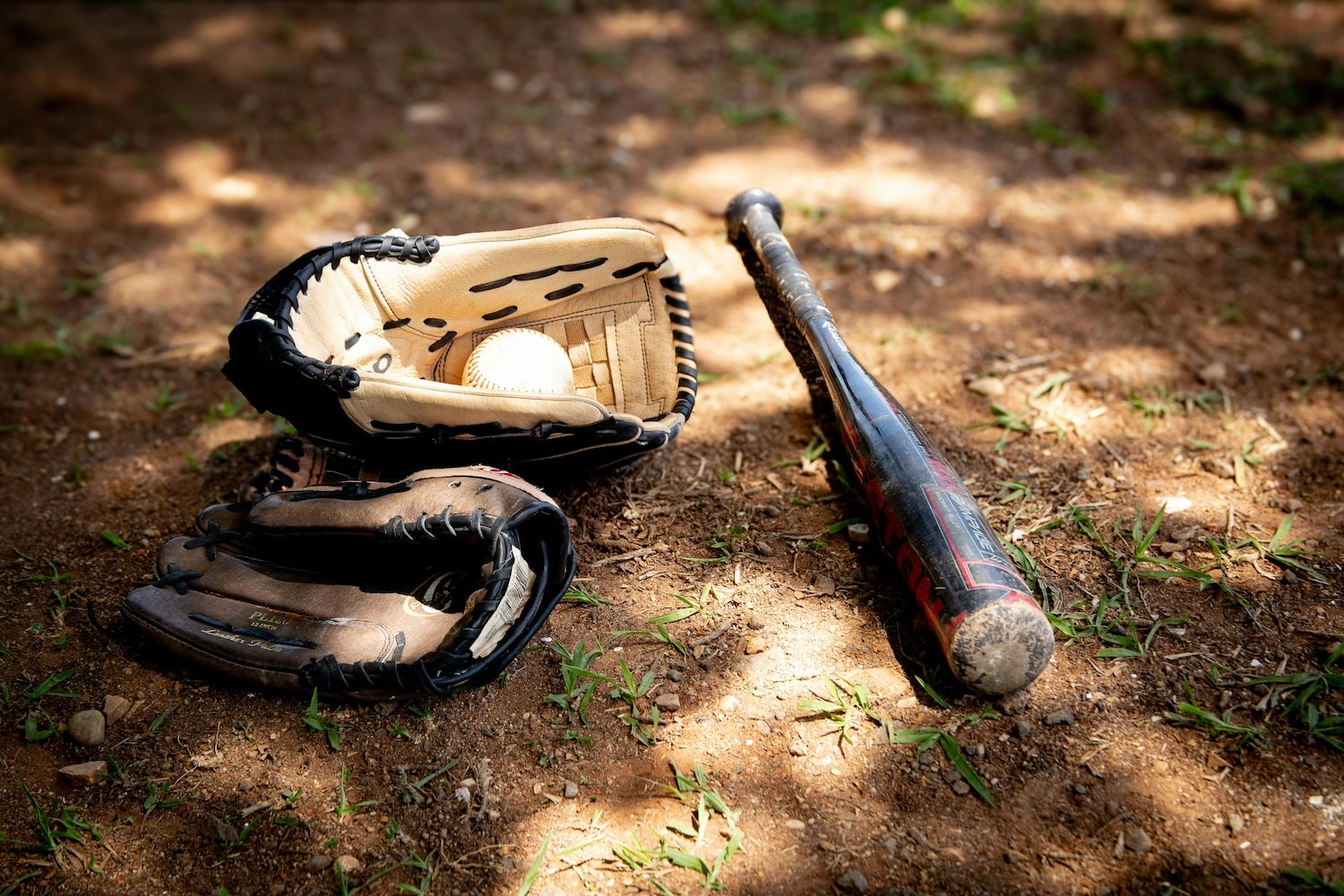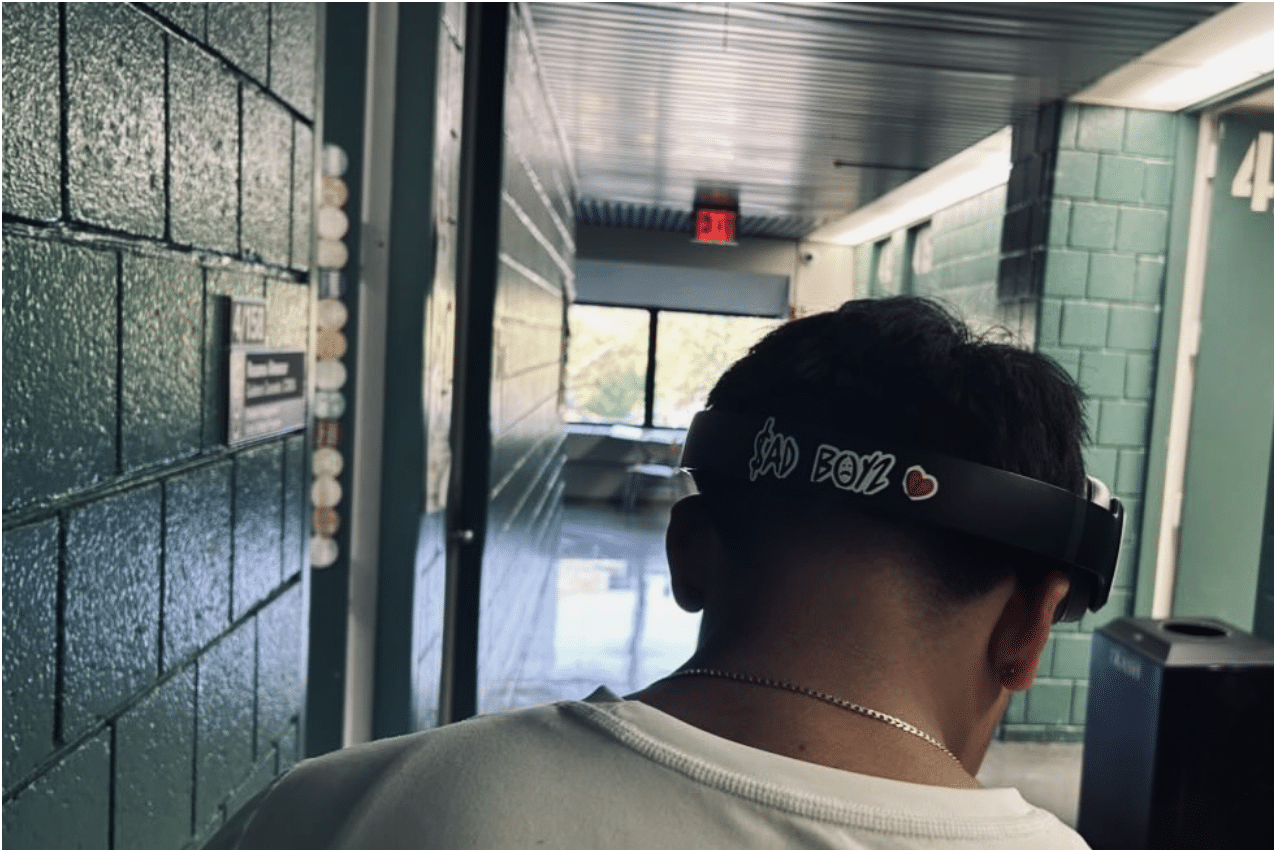Gorana Dance performing Erketchki. Photo courtesy of Tina Xhaferra
MANHATTAN, NY
A serious blond, teal glasses atop her head, claps her hands. The chatter stops and 20 people look towards her. “Let’s start with Bueneck,” said dance teacher Elissaveta Iordanova. The students form two lines on opposite sides of the small room facing each other. Traditional, lively Bulgarian flute music fills the room from a tiny speaker connected to an iPad. One dancer from each side of the room moves forward gracefully to meet another in the middle. They turn and dance to the front of the studio just as though it were a stage.
This small, rented rehearsal space is located in a building just west of the theater district and is a home for traditional Bulgarian folk dancing. Elissaveta Iordanova founded Gorana Dance in 2006 and describes it as a collective, and a labor of love. She taught modern and contemporary dance until, one day, someone asked her to lead a Bulgarian folk class. It was a big moment and she realized the importance of following her passion.
When she finished teaching she said to herself, “I’m a Bulgarian, what am I doing, why am I trying to do this dance that isn’t mine? That isn’t my culture?” And so Gorana Dance was born. “Gorana is my creative child. It’s a fruit of love and creativity,” she said.
Iordanova’s love for Bulgarian folk dance began as a child. So, when she started Gorana Dance, she named the group after her grandmother. She was one of the two women who inspired her interest in Bulgarian dance and culture. Her mother was a seamstress, and a piece of her lives on in the first five costumes she made by hand as a gift to her daughter. Those costumes are still used today. “My mother dances with me, as I danced with her, in our kitchen as a child,” Iordanov said.
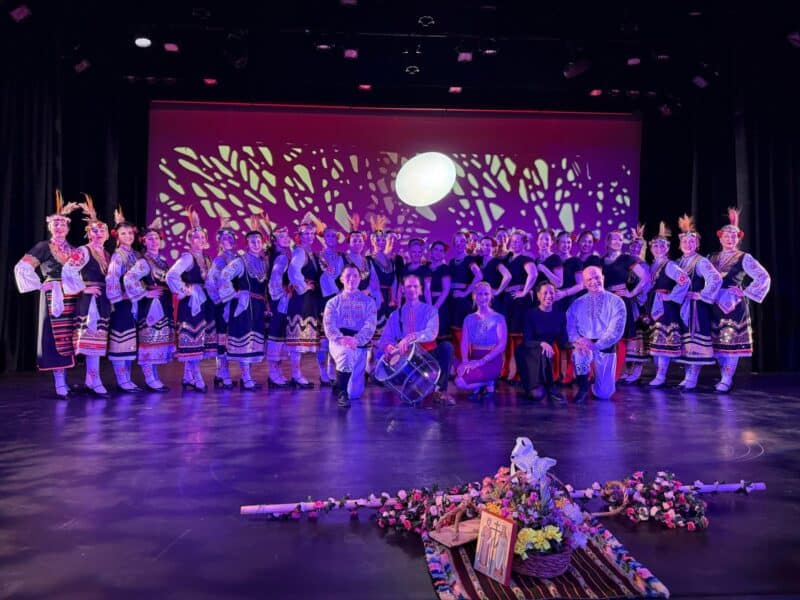
Gorana Dance, with the Algara Collective. Photo courtesy of Tina Xhaferra
The members of the collective, whether they have been participating for two years or twelve, say they gain a great sense of fulfillment. “ It just makes me feel great, I’ve always loved doing dance,” said 18-year-old Angelika Glogov. She started in the junior ensemble, while still in the elementary classes at the Sunday Bulgarian school Hristo Botev. Glogov loved it so much that she joined the adult group when she was in high school, and now dances alongside her mother. “ Going every week to Gorana is a really good break from the rest of my life, and all the people I know in New York. I think, it’s just really grounding to interact with people who are all different ages, and have a shared interest and shared lineage,” said Glogov.
Glogov experienced some challenges in the beginning, she didn’t speak Bulgarian as well as some of the other members, and she felt a bit more removed from the culture. Being the youngest was intimidating. But now she finds, “There’s a lot of really great role models, and I think that I don’t really get that much experience with adults in my everyday life, because I’m usually at school, or with my friends. I think it’s really nice to work with people, and chat with people about their jobs, or about college, and learn some life lessons.” she said.
Assia Nikolaeva Mihova, 49, with her long, blond hair pulled into a very high ponytail, has been attending Gorana Dance for two years. She started off dancing in the park with a friend, Guergana Stoyantcheva, who was a Gorana regular. Stoyantcheva convinced her to join. And while she didnt know anyone else, and at first the choreography was challenging, “ The love of Bulgarian tradition kept me there,” she said.*
The dance group offers Mihova and others something special, a family. “ When you hold out a hand, I feel this energy enter though my right. And, when I hold out my left hand, I give this energy, and this exchange is what charges us,” she said. Mihova said that the experience is healing to her and that, “ It’s a gift to be a part of this.”
Gorana Dance hosts at least one large concert a year. They also participate in many different diplomatic events, as well as festivals around the country. In addition, they host monthly gatherings, called Horoteka, for people who want to learn a simple traditional line dance called Horo.
Gorana posts all of its upcoming information on their Facebook and their Instagram. So if you want to get a closer look at the culture and dance, this is your chance.
*Assia Nikolaeva Mihova’s interview has been translated from Bulgarian to English.
Tags: Angelika Glogov Assia Nikolaeva Mihova Elissaveta Iordanova Gorana Dance Hristo Botev Mariya Dimitrova
